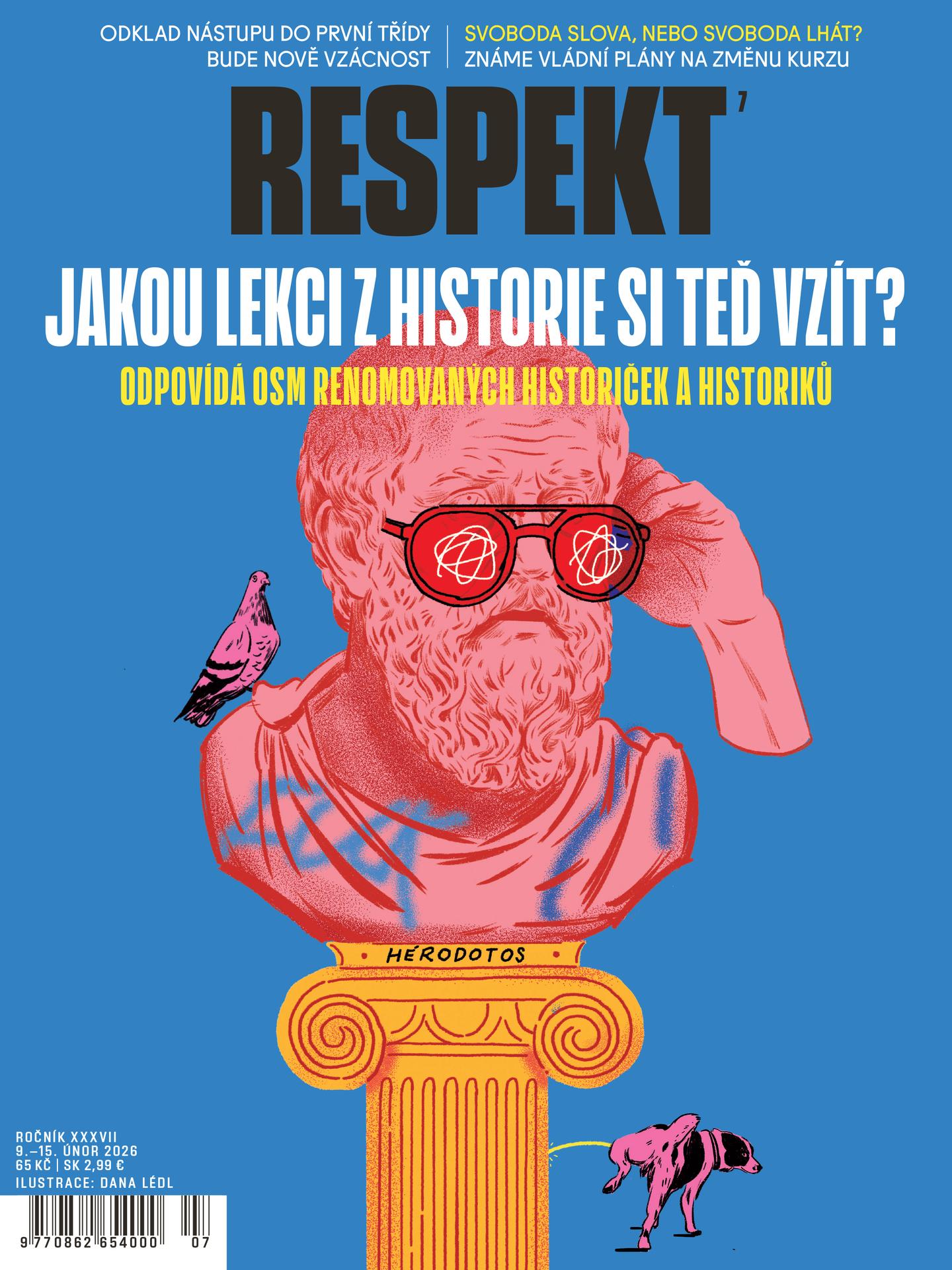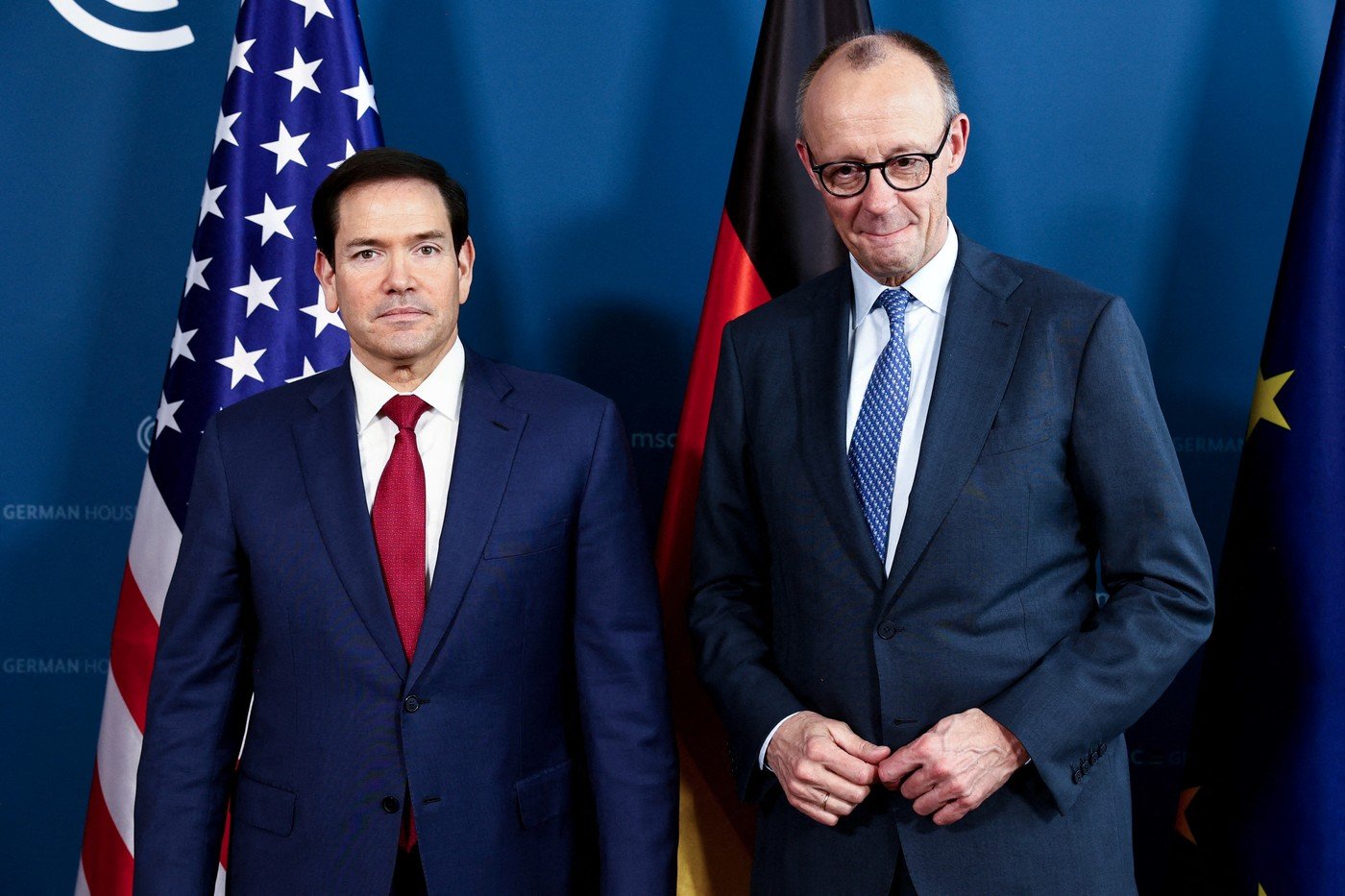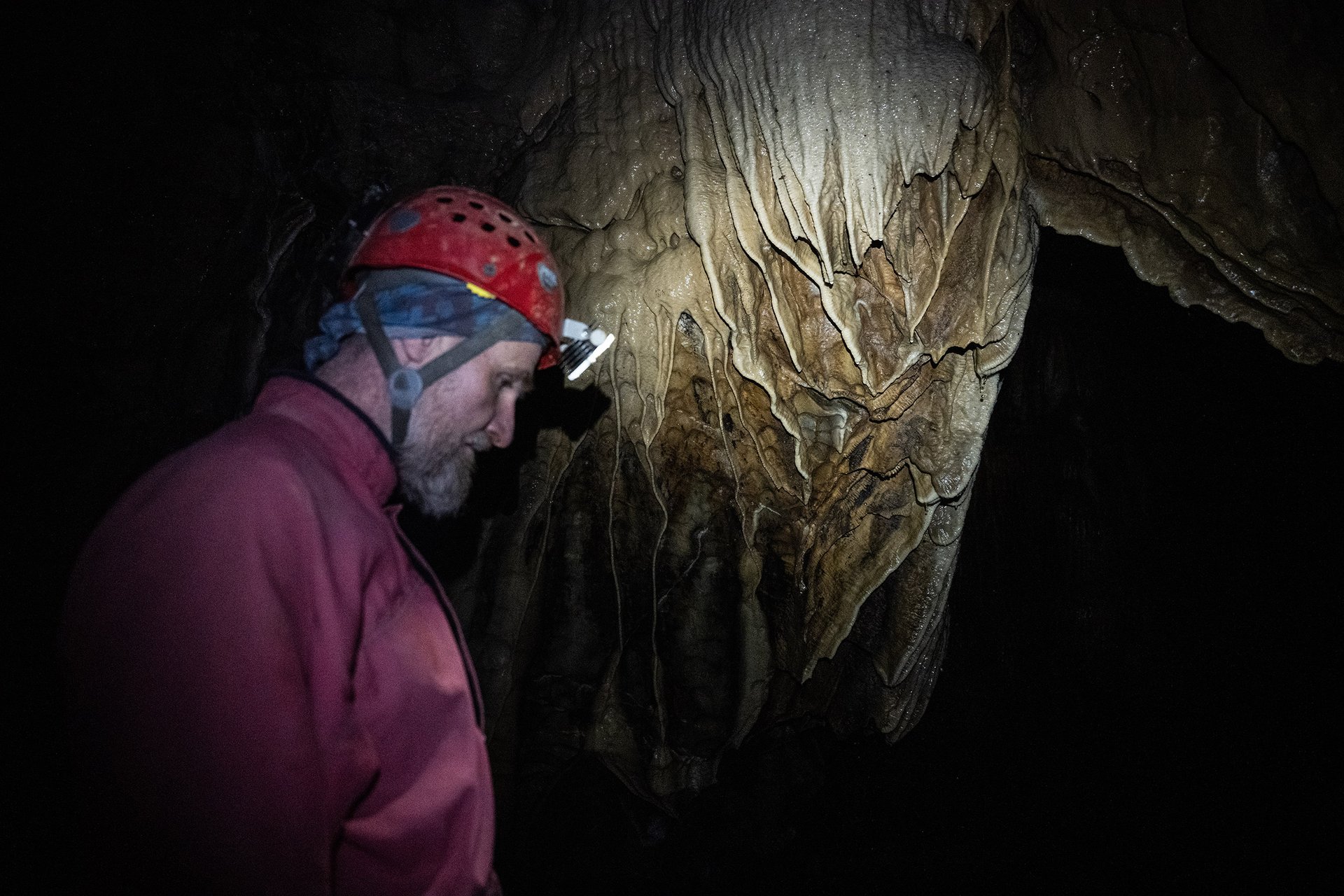A bad state and a bad nation
The image of Czechoslovakia in Britain and the United States is often idealized, sometimes spilling over into the realm of kitsch: the picturesque snowy landscapes of Good King Wenceslas; the plucky and democratic little republic abandoned by its Western allies to Nazi Germany and later standing up bravely to the Soviet bear; and finally led by its playwright president to freedom in 1989. A more nuanced and critical history of Czechoslovakia would certainly be welcome, but in her book Czechoslovakia: The State That Failed, the American historian Mary Heimann swings wildly to the other extreme.
The book was published last autumn by the prestigious Yale University Press, which advertised it as "the definitive political history of Czechoslovakia." In reality it is a highly tendentious and at times spiteful portrait of Czech and Slovak 20th century history. The very fact that the author chooses to use the definite article in the book's title implies that she considers Czechoslovakia to have been unique among the countries in Europe and the Middle East that had their roots in the post-World War I disintegration of the old world order, as the country the failed.
Mary Heimann, who teaches at the University of Strathclyde in Scotland, sees the Czechoslovak Republic from its very beginnings as the product of an exceptional and dangerous form of Czech (and at times Slovak) nationalism, emerging from some kind of "Habsburg" mysticism, which to this day continues to prevail as "the unreformed, unrepentant force in the region" (note again the use of the definite article). In Heimann's view: "Czechoslovakia/Czecho-Slovakia had been brought into existence in 1918 because self-appointed spokesmen for a mystical entity calling itself the ‚Czech‘ (and later ‚Czecho-Slovak‘) nation had spent the First World War exploiting fears and fanning hatred of an equally vaguely defined group known as ‚the Germans‘". This is language that unintentionally has echoes in the rhetoric used by Hitler, when, in September 1938, he whipped up an ecstatic crowd in Nuremberg with talk of Czechoslovakia as "some state dreamed up artificially in Versailles" that for 20 years proceeded "to rape and torture three-and-a-half million Germans."
Heimann writes of Czechoslovakia as a country characterized by a uniquely spiteful form of nationalism, yet in the aftermath of Hitler's rise to power in Germany, Czechoslovakia, for all its shortcomings, showed itself to be unusual in the region for just the opposite reason, bucking the trend towards fascism.


Masaryk the cynic
On various occasions the author resorts to sarcasm, as in her observations about Tomáš Masaryk, whom she describes, wrongly, as a German whose ambition led him to take on a Czech identity: "The youthful Masaryk first renounced his religion and then his nationality, reinventing himself in Vienna as a modern Slav moral philosopher and teacher of liberal, humane values." Nor does she spare some of the other Czech cultural greats of the 19th century, such as the "Austrian Slav" Antonín Dvořák or Bedřich Smetana, "a sort of Czech Wagner"!
The chapter on the prehistory of Czechoslovakia does include some interesting and useful observations on the national clashes within Austria-Hungary, yet to some extent the author subverts her own arguments: emergent Czech and Slovak nationalism emerges as being typical for the time rather than exceptional. And it is a shame that the author is not more nuanced in her coverage of the different Czech political currents emerging at the time. While she does devote space to the anti-Semitism of some Czech political figures, Masaryk's own struggle against anti-Semitism earns him just a footnote.
Who was to blame?
The weakest section of the book is the chapter on the First Republic. For reasons that remain a mystery, the author devotes no more than eight pages to the entire decade between 1928 and the end of September 1938. As a result she more or less ignores the external influences that led to the collapse of the state, and she attributes subsequent events - such as Munich, the Second Republic, the Protectorate, the Slovak state and the post-war shift to Communism - primarily to the blind nationalism of Czechs and Slovaks.
At the end of the 1920s Czechoslovak democracy was certainly far from perfect, but the fatal blow came in the period that Mary Heimann decides not to write about - in the course of the 1930s. First came the worldwide economic crisis, which had a destabilizing impact on the whole region, but of far greater importance was the election of Hitler as German chancellor in 1933 - an event that the author treats as peripheral. In fact, the moment the Nazis came to power in Germany, everything also changed in Czechoslovakia. Hitler made no secret of his desire to destroy the country; with shameless propaganda, he systematically fired up Sudeten Germans against their own state (often using the most brazen bullying tactics to bring them into line); equally openly he propagated his theories of the racial inferiority of the Slav nations, and he did not shy away from threatening to use military force. The show of determination in Czechoslovakia - and by no means just on the part of the Czechs - to defend the country's independence during the crisis of September 1938, is a sign of a surprising degree of stability in Czechoslovakia at a time of extraordinary pressure, rather than of the country's inherent instability.
The author goes on to state that the post-Munich Second Republic was a fully sovereign state and makes the quite bizarre claim that none of what happened in the country between the end of September 1938 and mid-March 1939 could "plausibly be blamed on Nazi Germany" After Munich, Czechoslovakia was nothing more than a torso, shattered psychologically, economically and politically. Given its utter dependence on the will of Germany, it was in no real sense a sovereign state, a fact that Hitler did not hesitate to make clear. Strangely, the author suggests the exact opposite - that the Second Republic shows us how Czech, Slovak or Ruthenian anti-Semitism and fascism could have developed, "had Germany and the Second World War not intervened." In reality, the Second Republic was the direct consequence of German intervention!
The following chapter continues in a similar tone. The protectorate was not an occupation, but a polity "closely allied to Nazi Germany," with the word "allied" implying that there was something voluntary about it. This is one of several occasions where the author takes events strangely out of context. In this case, the context is that of Hitler's Germany, while further on in the book, the author claims that post-war Czechoslovakia could chose freely between Moscow and the West, choosing to ignore the ominous and very real presence of Stalin's Soviet Union.
J'accuse
The book Czechoslovakia: The State That Failed reads like a case for the prosecution, to prove Czechoslovakia guilty for its own existence. Sometimes this leads the author to some unexpected conclusions. We find out, for example, that the First Republic introduced votes for women because it "doubled Czech voting strength," and is it really necessary to remind us that the Czechoslovak government that took the oath of office in Košice in April 1945 (!) was "unelected"?
A more balanced tone would have been more than welcome, because the book does also offer interesting insights into Czechoslovak history, not least in its consistent attempt to point out the differences in the perception of events from a Czech and Slovak perspective (the chapter on 1968 has the very refreshing title: The Bratislava and Prague Springs). It is something of a disappointment that the author does not devote more space to the period between November 1989 and the split of Czechoslovakia: the whole of 1992 is more or less ignored, and her sweeping conclusion that Václav Havel was the only Czechoslovak politician at the time with the insight to understand the real situation in the country is not particularly helpful. But these shortcuts are forgivable in a book that is trying to cover such a broad historical canvas.
What remains is the mystery of why Mary Heimann feels the need to jump to the conclusion that Czechoslovakia and all that went with it was bad. She takes the thesis to such extremes that even someone who is neither Czech nor Slovak - such as the author of this article - finds himself forced into the rather strange role of "council for the defense" of a country.
David Vaughanis a longtime contributor to the BBC and to Czech Radio's (Český rozhlas's) English-language Radio Prague service, and is the author of "Battle for the Airwaves: Radio and the 1938 Munich Crisis".
Pokud jste v článku našli chybu, napište nám prosím na [email protected].
Mohlo by vás zajímat
Tajemství jeskyně Svážná studna
Ležím na břiše v úzké chodbičce, kde není možné se pohybovat jinak než plazením. Dno, strop i stěny stísněného prostoru jsou pokryté mazlavou hlínou, která při pomalém pohybu vpřed ulpívá na rukou i na oblečení. Nevím, jak daleko chodba pokračuje ani kam přesně vede, a ve světle čelovky před sebou vidím jen nohy kolegy plazícího se přede mnou. Z představy, že se nemůžu posadit ani otočit, se mi zrychluje tep a cítím lehkou paniku. Snažím se nemyslet na to, že se nacházíme desítky metrů pod zemí obklopeni ze všech stran hmotou. Jsme v srdci Moravského krasu v jeskyni jménem Svážná studna, která se před několika týdny stala dějištěm mediálního spektáklu: při průzkumu se tu zranil speleolog a jeho komplikované, zhruba dvacetihodinové vyprošťování pak v přímém přenosu sledovalo celé Česko.










